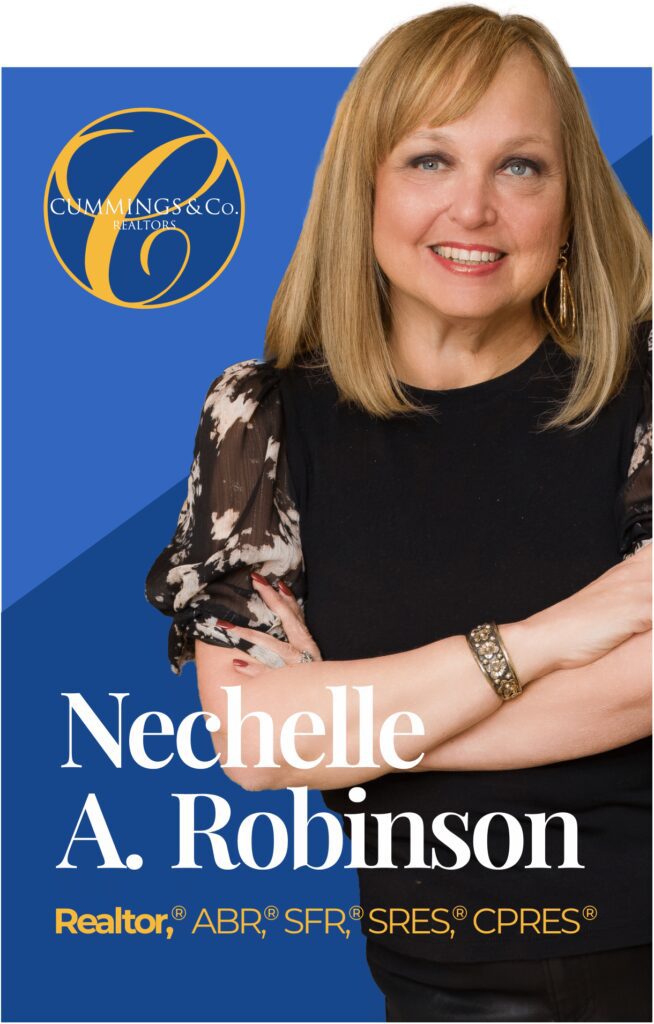A cherished home becomes something more than just a structure over time. It’s the backdrop to life’s defining moments—raising children, celebrating anniversaries, mourning losses. When it comes time to move on from that home, especially later in life, the emotional and logistical weight of the decision can be immense. That’s why more families are turning to professionals certified to serve real estate for older adults—experts trained to manage not just the sale, but the transition.
These professionals hold the Certified Senior Advisor (CSA) designation, equipping them with a unique blend of real estate knowledge and advanced understanding of aging-related challenges. More importantly, they bring empathy, ethics, and experience to a process that is often fraught with uncertainty.
Why Certification Matters in Senior Real Estate
Unlike a standard real estate license, the CSA designation reflects a commitment to serving older adults through a specialized lens. Certified professionals receive comprehensive training in the social, emotional, medical, and financial aspects of aging. They’re not just prepared to sell property—they’re equipped to advise on every facet of a senior’s housing transition.
Their training encompasses:
- Cognitive and physical aging challenges
- End-of-life and estate planning considerations
- Medicare and Medicaid basics
- Emotional dynamics within multigenerational families
This wide-ranging expertise enables them to anticipate issues others might overlook and to communicate effectively with clients experiencing change or loss.
What Older Adults Face in Real Estate Transitions
The challenges of senior real estate aren’t confined to logistics. Older adults often encounter deeply personal hurdles that require a thoughtful approach:
- Health limitations can make open houses, inspections, and even packing stressful
- Fixed incomes mean that miscalculating financial implications may lead to long-term hardship
- Memory or mobility issues complicate simple decisions
- Family involvement, while well-meaning, may conflict with the senior’s desires
A CSA understands how to guide clients through these moments with patience and clarity. They facilitate conversations among family members, ensure legal and medical considerations are addressed, and keep the senior client at the center of all decisions.
Ethics as a Foundation, Not a Feature
What truly distinguishes CSAs from other professionals is their commitment to a formal Code of Professional Responsibility. This code mandates transparency, prioritization of the senior’s autonomy, and safeguarding of financial and personal well-being.
Given the increasing threat of elder fraud and financial exploitation, this ethical grounding is more than a value—it’s a safeguard. CSAs are trained to recognize red flags and are required to take action when a client’s interests may be at risk.
Guiding Families Through Complex Choices
Real estate transitions for older adults often affect entire families. A CSA serves as both guide and neutral facilitator, ensuring that everyone feels heard while honoring the senior’s wishes.
For example, when adult children push for a move due to health concerns, a CSA can introduce options such as home modification assessments, allowing the senior to age in place. Conversely, when downsizing becomes necessary, they can identify appropriate housing, coordinate trusted movers, and connect clients with senior relocation specialists.
Supporting the Right Decision—Not Just Any Decision
Unlike younger clients, older adults may have far more at stake. Choosing the wrong living situation could compromise their health or independence. CSAs take the time to assess:
- Is the current home modifiable for aging in place?
- Would a senior-focused community offer a better quality of life?
- Are financial resources aligned with future care needs?
In these conversations, they often collaborate with elder law attorneys, financial planners, and geriatric care managers, forming a network that supports seniors holistically.
A Growing Need in a Rapidly Aging Nation
By 2034, adults over the age of 65 will outnumber children in the U.S., according to the U.S. Census Bureau. With this shift comes a wave of housing transitions, placing unprecedented demand on real estate professionals who understand the intricacies of aging.
Traditional agents may know the market, but they may not be prepared for the unique considerations of clients facing cognitive decline, physical limitations, or terminal illness. That gap is where CSAs deliver unmatched value.
Behind the Certification: What It Takes to Become a CSA
Becoming a Certified Senior Advisor requires far more than a quick course or weekend seminar. Candidates must:
- Complete intensive training covering multiple aspects of aging
- Pass a comprehensive exam
- Undergo a background check
- Commit to ongoing education
- Adhere to an enforced code of ethics
This rigorous process ensures that CSAs maintain the highest standard of service, both technically and ethically.
When to Bring a CSA Into the Conversation
It’s not just about the moment a house hits the market. In fact, the sooner a CSA is brought into the decision-making process, the more value they can provide. Consider consulting one when:
- You or a loved one is struggling to maintain a home
- Long-term care needs are emerging
- There’s a desire to downsize while remaining independent
- Estate planning and housing needs intersect
Early conversations can prevent rushed decisions later, giving seniors and their families time to evaluate all available options.
A Thoughtful Transition, Not Just a Transaction
In a field often defined by speed and competition, CSAs offer something far more valuable: thoughtful pacing and personal attention. They help seniors:
- Reflect on their goals and priorities
- Navigate emotional responses to change
- Access reputable service providers
- Stay informed at every step
These professionals are present throughout the journey, not just at the closing table.
Aging with Agency and Assurance
Being certified to serve real estate for older adults is more than a credential. It’s a calling. CSAs stand at the intersection of expertise and compassion, supporting clients through one of life’s most pivotal transitions. They don’t just sell homes—they help safeguard dignity, independence, and well-being.
As the population ages, this kind of support will no longer be optional. It will be expected. Choosing a Certified Senior Advisor ensures that older adults make housing decisions rooted in knowledge, care, and confidence.


